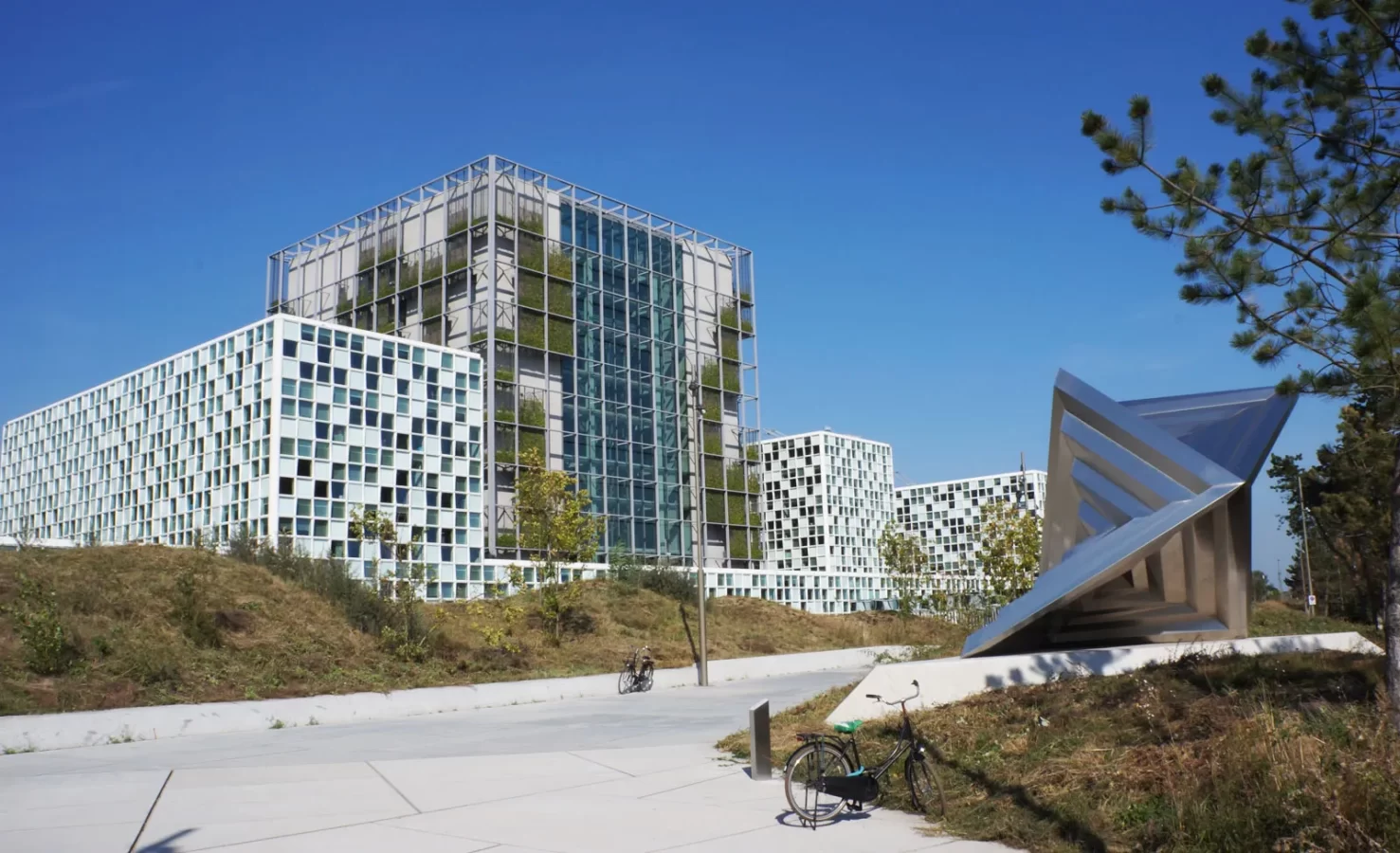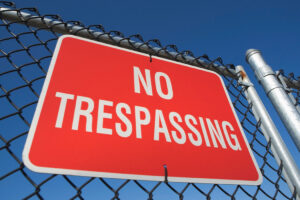What is the International Criminal Court?
The International Criminal Court (ICC) is an intergovernmental organization and international tribunal located in The Hague, Netherlands. The ICC is the first and only permanent international court with jurisdiction to prosecute individuals for crimes of genocide, war crimes, crimes against humanity, and the crime of aggression.
Brief History Behind the Formation of the ICC
The idea for an international criminal court emerged after the horrific atrocities committed during World War II. The Nuremberg and Tokyo Military Tribunals prosecuted individuals for war crimes, crimes against humanity and crimes against peace in the aftermath of WWII. However, these courts were temporary and specific to WWII crimes.
Calls for a permanent international criminal court intensified after the Yugoslav Wars and Rwandan genocide in the 1990s. The United Nations General Assembly convened the United Nations Diplomatic Conference of Plenipotentiaries on the Establishment of an International Criminal Court in 1998 to finalize and adopt a treaty to establish a permanent international criminal court.
On July 17, 1998, the Rome Statute establishing the ICC was adopted by 120 States participating in the conference in Rome, Italy. The Rome Statute entered into force on July 1, 2002 after ratification by 60 countries. As of October 2023, 123 countries are States Parties to the Rome Statute of the ICC.
How the ICC is Structured and Governed
The ICC is an independent international organization, and is not part of the United Nations system. However, the ICC and UN often cooperate on matters of international justice.
The ICC is comprised of:
- The Presidency – Headed by the President of the Court along with First and Second Vice Presidents
- Judicial Divisions – Includes the 18 Judges in the Pre-Trial, Trial and Appeals Divisions
- The Office of the Prosecutor – Headed by the Prosecutor to receive referrals and conduct investigations and prosecutions
- The Registry – Headed by the Registrar to provide administrative and operational support to the court
The Assembly of States Parties is the court’s management and legislative body comprised of representatives from each State Party. The Assembly oversees the administration of the ICC and adopts amendments to the Rome Statute. The Assembly elects the Judges, Prosecutor and Deputy Prosecutors.
Jurisdiction and Powers of the ICC
The ICC has jurisdiction to prosecute four main international crimes:
- Genocide – Acts committed with intent to destroy a national, ethnic, racial or religious group
- Crimes against humanity – Widespread or systematic attacks against any civilian population
- War crimes – Grave breaches of the Geneva Conventions committed during international and internal armed conflict
- Aggression – The planning, preparation, initiation or execution of an act of aggression ( pending activation)
The ICC only prosecutes individuals, not organizations or governments. Furthermore, the ICC does not have retroactive jurisdiction – it can only prosecute crimes committed on or after July 1, 2002 when the Rome Statute took effect.
The ICC operates on the principle of complementarity. This means national courts have priority to investigate and prosecute ICC crimes. The ICC only steps in when national courts are unwilling or unable to genuinely carry out proceedings.
How Investigations and Cases Begin
The ICC can exercise jurisdiction over the international crimes through three mechanisms:
- State Party Referral – A State Party can refer crimes committed on its territory or by its nationals to the ICC Prosecutor
- UN Security Council Referral – The UN Security Council can refer situations to the ICC, even involving non-States Parties
- Prosecutor’s Initiation – The ICC Prosecutor can initiate an investigation on their own accord with authorization from the Pre-Trial Chamber
Cooperation with the ICC
States Parties are obligated to fully cooperate with the ICC including with arrests, transfer of persons and gathering evidence. However, the ICC does not have enforcement powers and relies on cooperation from national authorities to execute arrest warrants and implement other Court requests.
Progress and Challenges for the ICC
Notable Cases and Investigations
Since opening in 2002, the ICC has opened investigations in over 20 countries and filed charges against over 40 individuals including heads of state. Some significant cases include:
- Democratic Republic of Congo – Thomas Lubanga convicted of war crimes (2012), Germain Katanga convicted of war crimes and crimes against humanity (2014)
- Central African Republic – Jean-Pierre Bemba convicted of war crimes and crimes against humanity (2016), charges against Séléka and anti-Balaka leaders
- Uganda – Extensive investigation into Lord’s Resistance Army atrocities but Joseph Kony remains at large
- Sudan – Omar al-Bashir, former President, charged with genocide, war crimes and crimes against humanity but has evaded custody
- Kenya – William Ruto and Joshua Sang charged but acquitted, charges dropped against Kenyatta
- Libya – Saif al-Islam Gaddafi, son of Muammar Gaddafi, accused of crimes against humanity, in Libyan custody
- Côte d’Ivoire – Laurent Gbagbo, former President, acquitted / Charles Blé Goudé charged with crimes against humanity, acquitted
- Mali – Ahmad al-Faqi al-Mahdi convicted of war crime for destruction of cultural heritage sites in Timbuktu
Criticisms and Controversies
The ICC has faced a number of criticisms and controversies including:
- Perception of bias against African nations – All current investigations are in Africa though preliminary examinations exist outside Africa
- Resistance from the United States – US not a State Party and has consistently opposed the ICC
- No convictions secured for genocide or aggression yet
- Failure to gain custody of suspects in Sudan and Kenya
- Wide acquittals in Kenyan cases raising fairness concerns
- Resource constraints in managing complex investigations and cases
The ICC continues to face challenges in living up to expectations as a truly global and effective institution for international criminal justice. However, many still view the ICC as an imperfect but essential body that can end impunity for perpetrators of atrocious crimes.
The Importance and Role of the ICC
Despite its imperfections, the ICC plays a pivotal role in the global justice system and upholds key values:
- Ending Impunity – As the only permanent international criminal court, the ICC seeks to end impunity by prosecuting high-level perpetrators who historically evaded justice
- Justice for Victims – By trying cases involving horrendous crimes, the ICC gives victims an opportunity to seek justice and reparations
- Developing International Law – The ICC cases advance interpretation of definitions and elements of international crimes
- Deterrence – The ICC deters future human rights violations by demonstrating consequences exist even for the mighty and powerful
- Complementarity – The ICC promotes states enhancing their legal systems and ability to prosecute international crimes themselves
The ICC will likely remain contested and controversial but still fills a vital gap in the international justice system. Supporting and reforming the ICC is essential to build a more just world and end impunity for the worst atrocities.
Conclusion
In conclusion, the International Criminal Court is a groundbreaking institution founded on the principle that the most serious international crimes must not go unpunished. As the first permanent court with global jurisdiction, the ICC represents a monumental advance in the struggle for international justice. However, as a young institution the ICC still faces considerable challenges in achieving its lofty mission. Securing cooperation and arrests, delivering swift and fair trials, avoiding bias, and maintaining legitimacy are issues the ICC must continue improving upon. Nevertheless, the ICC plays an indispensable role in the global order and provides hope that even high-level perpetrators committing genocide and crimes against humanity will one day face justice. With ongoing reforms and support from the international community, the International Criminal Court can fulfill its vital purpose of prosecuting and deterring the most heinous crimes when national courts fail to act.
FAQs
Q: Who can be prosecuted by the ICC?
A: The ICC can prosecute individuals accused of genocide, war crimes, crimes against humanity or aggression. This includes heads of state, government officials, militia commanders, rebel leaders, or any individual. The ICC does not have the mandate or jurisdiction to prosecute states, organizations, or corporations.
Q: How is the ICC funded?
A: As an independent organization, the ICC is funded by contributions from the 123 States Parties to the Rome Statute, based on the UN scale of assessments. State Parties have an obligation to pay assessed contributions. The ICC also receives voluntary contributions from governments, institutions, corporations and individuals.
Q: What is the relationship between the ICC and the United Nations?
A: The ICC is an entirely separate judicial institution, and not part of the UN system. However, the ICC and UN have a cooperation agreement allowing exchange of information and evidence. UN Security Council referrals also allow the ICC to prosecute crimes even when committed on the territory or by nationals of non-States Parties.
Q: Where are trials held and where do prisoners serve sentences?
A: Trials are held at the seat of the ICC in The Hague, Netherlands. States Parties can offer to imprison convicted persons on their territory. The ICC has an agreement with Belgium to host prisoners. The ICC itself does not have infrastructure to incarcerate convicted persons long-term.
Q: Can the death penalty be imposed by the ICC?
A: No, capital punishment is explicitly prohibited under the Rome Statute and the maximum sentence is life imprisonment. Convicted persons serve sentences within national prison systems, which may offer parole or reduced sentences.








